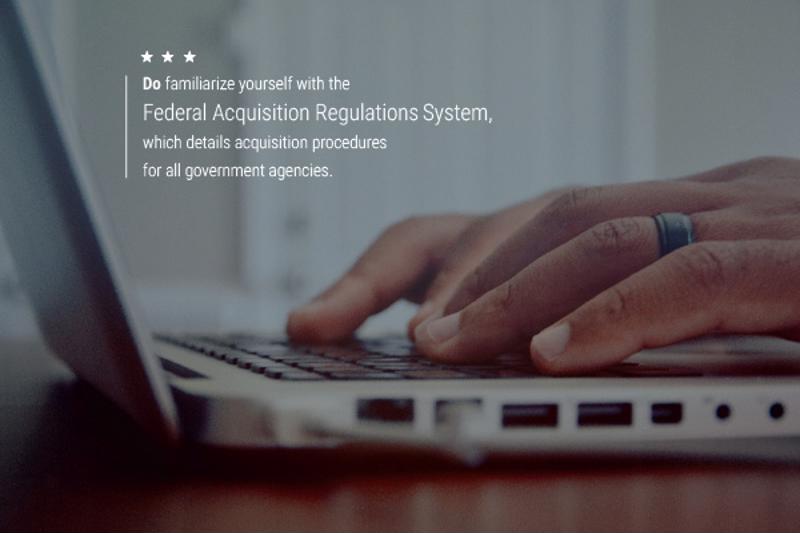While it can be difficult to know all of the ins and outs, working as a government contractor can be a worthwhile and lucrative endeavor. This line of work requires navigating a labyrinth of bureaucractic red tape. Signing a contract with the government requires careful compliance and fulfilling of obligations. Although maintaining compliance can be costly, not remaining compliant can be even more expensive.
Since 2009, the cost of doing business with the federal government has increased 72 percent according to the latest annual survey from the American Express OPEN for Government Contracting initiative, Government Executive reported. Companies trying to get a chunk of the approximately $90 billion in contracts awarded by the government will have to work harder and spend more time and money to win these bids. On average, firms spent approximately $148,124 in 2016 trying to obtain a federal contracting opportunity.
Thankfully, with some careful planning and attention to details, small business owners can lessen the burden necessary to obtain these contracts. Whether you're already involved in government contracting or seeking to work with them, consider these Do's and Don'ts:
Preparing to contract with the government
Do register with Central Contractor Registry at the System for Award Management.
Don't forget to keep your data on the SAM current.
Do check out the U.S. Small Business Administration and register as a small business if you qualify.
Do prepare your product or service by visiting the NAICS.
Don't forget to regularly check Fed Biz Opps for new opportunities.
Do obtain a DUNS number from Dun & Bradstreet.
Do review and research the government agency you're contracting with on the Federal Acquisition Regulation.

Working with the government
Don't schedule any meetings with contracting officers until you've reviewed all the websites and researched what the agency needs.
Don't use any workers or staff members that might not pass the background checks for security clearance.
Do use energy-efficient equipment and products, and promote the fact that you do.
Don't try to bid on jobs that exceed the capabilities and qualifications of your firm.
Do allocate the appropriate resources for creating and implementing a robust compliance program.
Don't submit documentation without all the proper signatures, certifications, bonds or other required information.
Do be open and honest with the contracting officer about your firm's capabilities and experience.
Don't try to underbid what the job costs just to try and secure the contract – you'll need to cover your overhead and still turn a profit in the end.
Following Compliance
Don't forget to follow all recordkeeping requirements.
Do communicate with the contracting officers regularly to notify them of any changes and to keep them abreast of the status of the project or delivery dates.
Don't try to outsource or subcontract your government contract without first seeking approval from the agency you contracted with.
Do regularly inspect the work as your firm progresses through the contract as you don't want to find out once you're finished that a part of it is not compliant with the contract.
Although it might seem overwhelming, with some diligent effort and a solid plan in place, government contracting can be a great opportunity for any firm.

